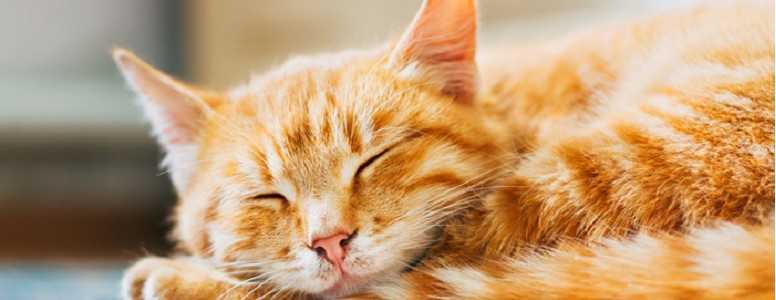Feeding cats dry food could increase their risk of developing feline diabetes, according to new research.
A number of animals can develop diabetes, with cats much more prone to the condition than dogs. Feline diabetes can be tricky for owners to manage, but the diabetes management principles are the same as in humans: keep blood glucose levels at a normal range and make sure they receive their medication, most likely insulin.
The study, which was conducted in Swede, was based on just over 6,700 cats. The owners of the cats were asked to participate in an online survey which featured 48 questions based on an animal’s breed, age, sex, whether it had been neutered and its general health.
The researchers from the Swedish University of Agricultural Sciences also asked about the condition of each cat’s body size, exercise levels, diet, general behavior, current medications and the type of food it ate.
A total of 1,369 cats already had diabetes at the beginning of the study; the remaining animals did not.
The cat owners’ answers relating to food were broken down into three different groups: dry, wet and mixed, which meant they gave their pet both. The owners were also asked to judge their cat’s body type, which was also grouped into three categories: underweight, normal weight and overweight.
The findings showed a link between feline diabetes and cats that ate a lot of food, stayed indoors most of the time and did not exercise.
Lead researcher Malin Ohlund, DVM, said: “Through our research we found that while obesity is a very important and prominent risk factor for diabetes mellitus in cats, there is also an increased risk of diabetes among normal-weight cats consuming a dry food diet.
“This correlation, compared to normal-weight cats on a wet food diet, is a new and interesting finding that warrants further research, as a dry food diet is commonly fed to cats around the world.”
Ohlund and colleagues suggested that this increased diabetes risk could be explained because dry food puts an “increased demand” on the cat’s insulin secretion.
As dry food is such a common way to feed cats, the researchers have recommended “further attention” on the subject is needed.
The findings have been published in the Journal of Veterinary Internal Medicine.
What's new on the forum? ⭐️
Get our free newsletters
Stay up to date with the latest news, research and breakthroughs.







